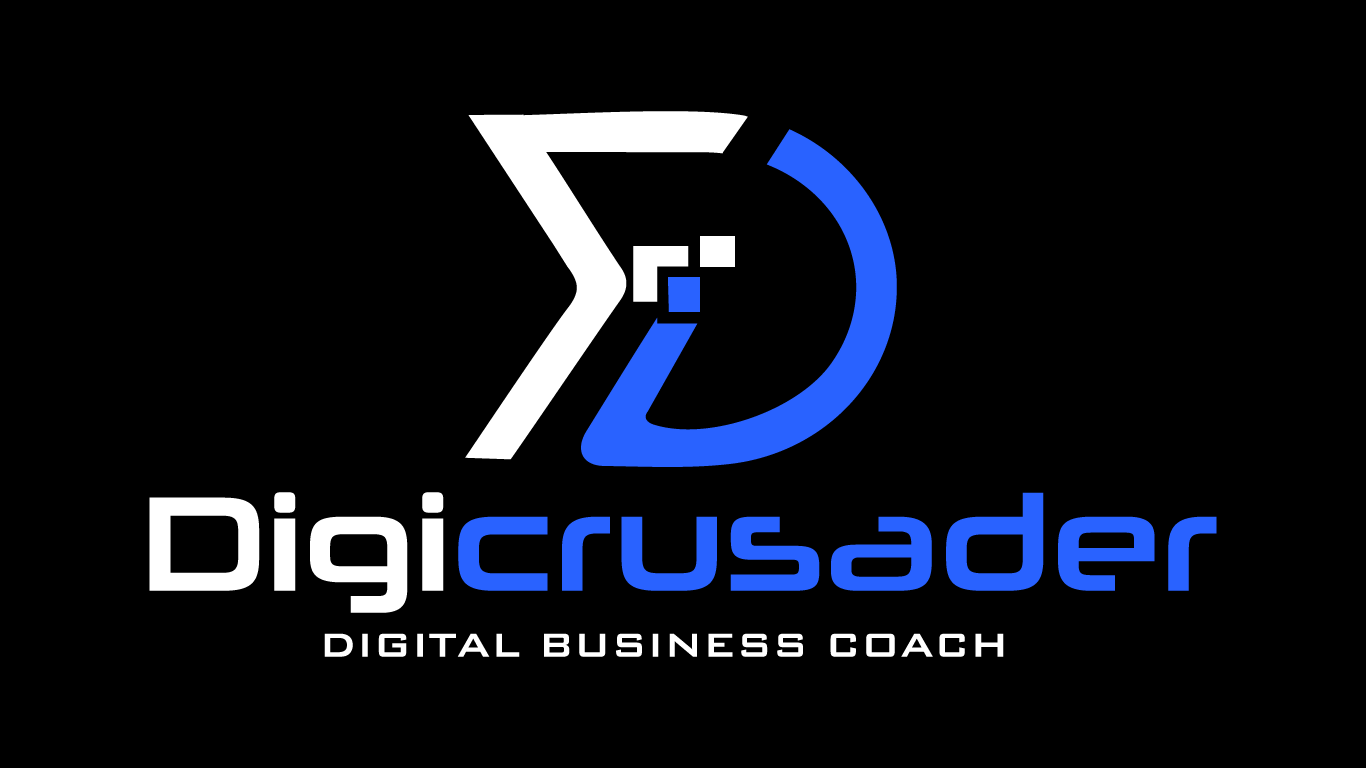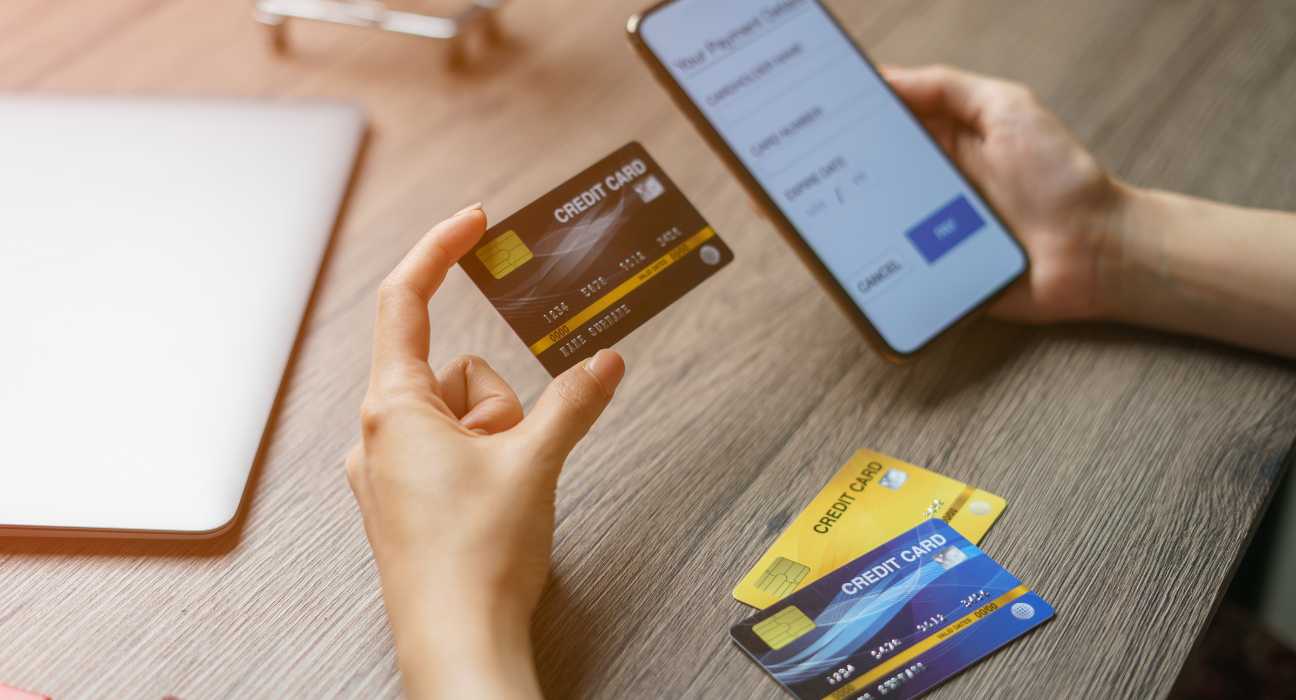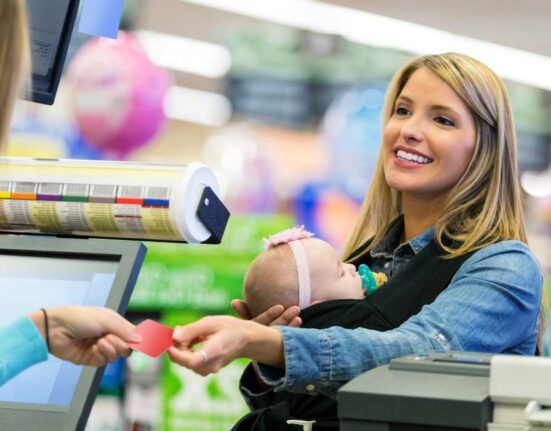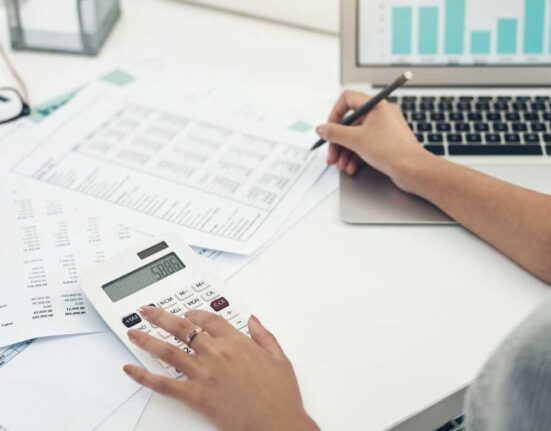The online world is always changing because hackers come up with new methods to attack people online.
While the internet age has changed online shopping and digital banking, at the same time it has also made it easier for cybercrime and personal info theft.
When you’re going online, you’ll always be at risk. To keep your data safe there are lots of precautions you can take to stay safe and avoid security breaches.
How Important are Secure Online Transactions?
In today’s online world, safe transactions are crucial for protecting personal data, preventing money transfers from fraud, building trust, following legal standards, and avoiding financial loss.
Common Risks in Online Transactions
Online shopping is easy but dangerous. Dangers include phishing, where scammers get personal info by pretending to be real businesses; MITM, where they steal private information, data breaches, which reveal personal info, malware and ransomware, which can damage devices or steal data, fake websites that look real but steal info, unsecured networks that expose data; weak passwords that make accounts easy to hack, and not using two-factor authentication. Understanding these dangers is the only way to keep our data safe.
10 Online Transaction Safety Tips Everyone Must Know Today
Use Strong and Unique Passwords
Having a strong password is important for protecting your online accounts from hackers. Weak passwords can let hackers get into your private information. Using a mix of characters and avoiding personal details in your password helps keep your financial and personal data safe. The stronger your password, the harder it is for hackers to break into your accounts.
Tips for Creating Strong Passwords
Use these tips to make strong passwords:
- Use a variety of characters, including uppercase and lowercase letters, numbers, and symbols.
- Avoid using personal information like your name or birthday.
- Make your password at least 12 characters long.
- Use different passwords for each site to prevent a breach affecting all your accounts.
- Consider using a password manager for secure password storage.
Strong, unique passwords are the best way to ensure the safety of your online activities!
Enable Two-Factor Authentication (2FA):
Two-factor authentication (2FA) adds an extra layer of security to your online accounts by requiring a second piece of information, like a temporary code sent to your phone or email, in addition to your password. This makes it harder for hackers to access your accounts even if they have your password.
Setting up 2FA is straightforward and involves a few steps:
1. Access your account settings. Look for the security settings in your online accounts (like email, banking, or social media).
2. Select the 2FA option. This is usually called two-step verification.
3. Choose your second factor. You can use a code sent via SMS, an authentication app (such as Google Authenticator), or a hardware key.
4. Follow the prompts to complete the setup, including verifying your second factor and saving backup codes for easy access.
Look for Websites with HTTPS and Secure Features
Always verify if a website has HTTPS in its URL. This indicates the site employs SSL encryption to safeguard your information. Before sharing any private details, make sure the site is protected by checking for a padlock icon beside the URL.
Update Your Software and Devices Frequently
Updating your software and security features regularly is crucial for protecting your devices from the newest threats. These updates fix any weaknesses that cybercriminals might exploit, making your devices more secure.
Be Aware of Public Wi-Fi for Handling Money Matters
Public Wi-Fi networks are insecure and can be a haven for hackers. It’s best to avoid using them for online banking or shopping. If necessary, consider using a VPN to establish a secure connection.
Keep an Eye on Your Bank Statements and Accounts Often
It’s important to regularly review your bank statements for any suspicious activities. If you notice anything unusual, report it right away. The earlier you detect fraud, the easier it is to resolve.
Choose Reliable Payment Methods
Select payment options that are secure, such as credit cards or payment platforms like PayPal. These usually offer additional security and protection against fraud compared to direct bank transfers.
Be Cautious of Phishing and Scam Websites
Don’t click on emails or ads asking for your personal or money information. Be careful because phishing is tricky, so make sure you know who sent it and don’t click on links you don’t know about.
Stay Informed About Online Security Threats
Stay informed about new online threats like malware and data leaks to better protect yourself. Don’t use public Wi-Fi for online shopping or banking, use your own secure devices and Wi-Fi.
Online shopping tips
Always log out of your bank and shopping sites after using them online. Don’t save your bank or shopping account passwords on your computer. 70% of credit card fraud occurs when the card isn’t used in person.
Scammers target businesses and customers, and fraud is on the rise due to more online shopping, mobile payments, global spending, and data leaks.
Conclusion
The internet is a big part of our daily lives, but it can come with risks. Whether you’re shopping, banking, or simply browsing, it’s important to take steps to protect yourself from online dangers. With a few easy precautions, you can reduce the risk of getting hacked and enjoy a safer online experience.
Start by being mindful of where you share your personal details. When shopping online, stick to well-known websites and verify their authenticity. Secure websites will often have a padlock symbol in the address bar.
It’s also a good idea to limit the amount of personal information you share online. For example, avoid oversharing on social media platforms, as hackers can use this information to guess passwords or trick you into revealing more sensitive details.
Using secure internet connections is another smart move. Public Wi-Fi networks can be convenient, but they’re often not safe. If you need to access private accounts or make payments, use a trusted network or enable a virtual private network (VPN) to protect your data.
Keeping your devices safe is another key step. Make sure you have reliable antivirus software installed and regularly update it. This helps block harmful programs and alerts you if something suspicious tries to access your device.
Lastly, always have a backup plan. Save copies of important files in a secure location, and keep an eye on your bank statements for unusual activity. If something doesn’t seem right, take action immediately by contacting your bank or changing your passwords.
Staying informed and cautious is the best way to make your online experience both safe and stress-free.











